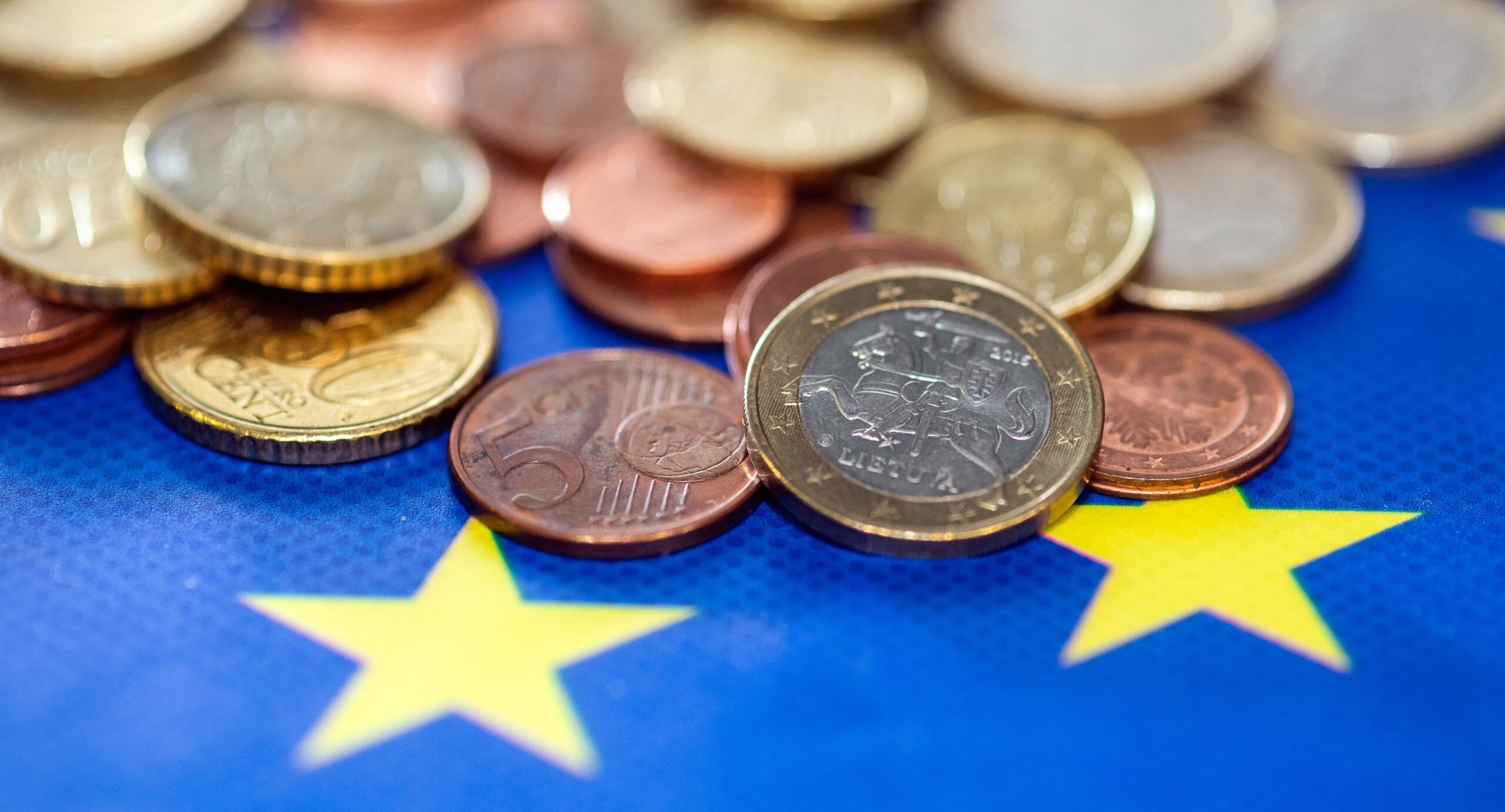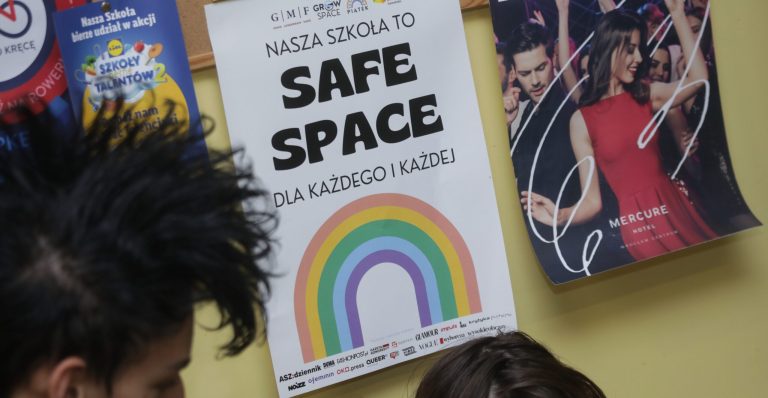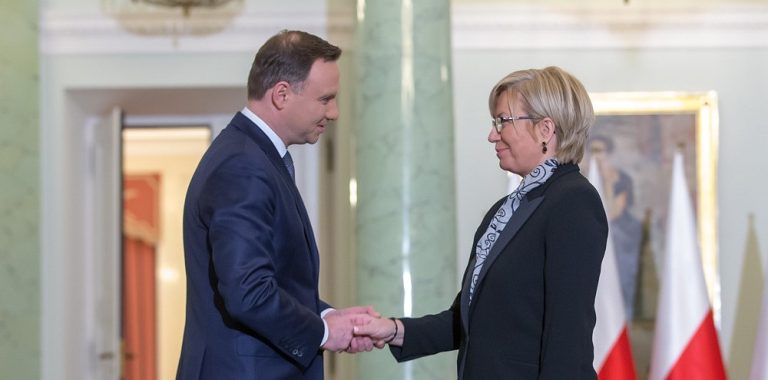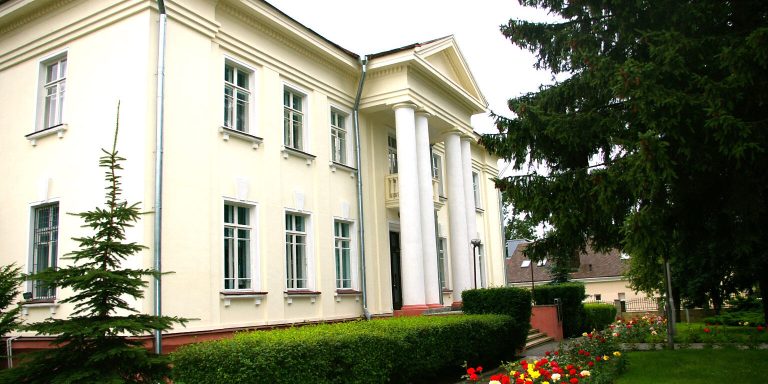Half of Poles opposed to adopting euro

Around half of Poles, 49%, say that their country should not adopt the euro, despite it being committed to do so under the terms of its EU membership. A slightly lower proportion, 45%, say that Poland should adopt the European currency, but most of them think it should not happen within the next few years.
The findings, from a poll conducted by state research agency CBOS on behalf of the Polish Press Agency (PAP), come amid a European election campaign in which the main opposition party, the national-conservative Law and Justice (PiS), has made opposing the euro central to its platform.
Kiedy Polska powinna przyjąć euro? Polacy zabrali głos [SONDAŻ] https://t.co/2PcVf5YTSR
— Forsal.pl (@forsalpl) May 27, 2024
In its poll, CBOS informed respondents that, when joining the EU 20 years ago, Poland committed to adopting the euro. It then asked them when the country should do so.
The largest group, 49%, said it should not. Among the 45% who think Poland should adopt the currency, 13% said it should happen within the next three years, 22% within a decade, and 10% at an even later stage. A further 6% had no opinion.
When results were broken down by political affiliation, 75% of PiS supporters said that Poland should not adopt the euro at all compared to just 13% of supporters of the centrist Civic Coalition (KO), which is the main group in the ruling coalition.
Opposition to the euro was strongest among residents of small towns, people with only a primary level of education, and those with a low monthly income.
The ruling party looks set to make stopping Poland from joining the euro a key part of its political platform.
A „double lock” compromise on criteria for accession to the eurozone could resolve this difficult issue, writes Krzysztof Mularczyk https://t.co/Aehj7yFy0T
— Notes from Poland 🇵🇱 (@notesfrompoland) September 9, 2022
CBOS’s findings come after PiS made opposition to the euro one of the main planks of its campaign for next month’s European elections. It has promoted the slogan “YES to the Polish zloty, NO to the euro!”
“It is simply not profitable for us to adopt the euro at the moment,” said PiS leader Jarosław Kaczyński at a campaign event earlier this month. He argued that the currency only benefits wealthier countries, in particular Germany.
“We cannot agree to something that deprives us of our sovereignty,” said Kaczyński at another rally. “It will mean that our financial resources will de facto end up in a German bank…This is in the interest of those who want to exploit us, especially Germany, and small groups in [Poland] who will make money on speculation.”
Kaczyński conceded that Poland is technically committed to joining the euro. “But we don’t have a deadline,” he noted. “We can, for example, [do it] in 60 years.”
In April, Poland’s finance minister, Andrzej Domański of KO, also declared that he is “against joining the euro”. He said that the zloty had “played an important role in dampening economic shocks”, including helping Poland avoid recession during the global financial crisis.
Only one party in the ruling coalition, the centrist Poland 2050 (Polska 2050), has publicly supported joining the euro. However, its deputy leader, Michał Kobosko, admitted in April that this would be a “long road” and would require a “change in public opinion”.
But he warned that remaining outside the euro would result in Poland being “marginalised in Europe”. Ahead of last year’s parliamentary elections, Poland 2050 argued that members of the eurozone had been able to cope much better with the economic crisis caused by the pandemic and Russia’s war in Ukraine.
However, Poland 2050 has only 32 of the ruling coalitions 240 seats in parliament, meaning that it has limited influence over the direction of government policy.
Notes from Poland is run by a small editorial team and published by an independent, non-profit foundation that is funded through donations from our readers. We cannot do what we do without your support.

Daniel Tilles is editor-in-chief of Notes from Poland. He has written on Polish affairs for a wide range of publications, including Foreign Policy, POLITICO Europe, EUobserver and Dziennik Gazeta Prawna.






